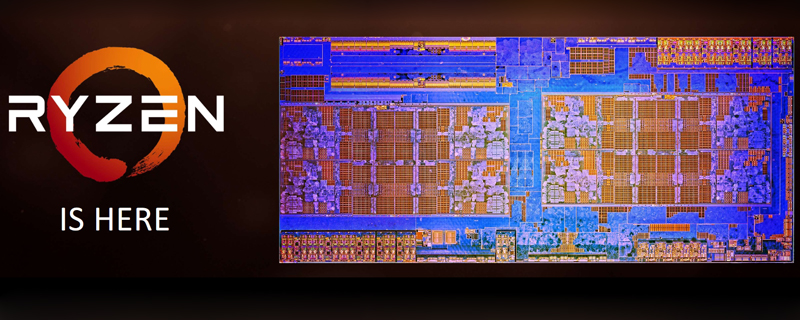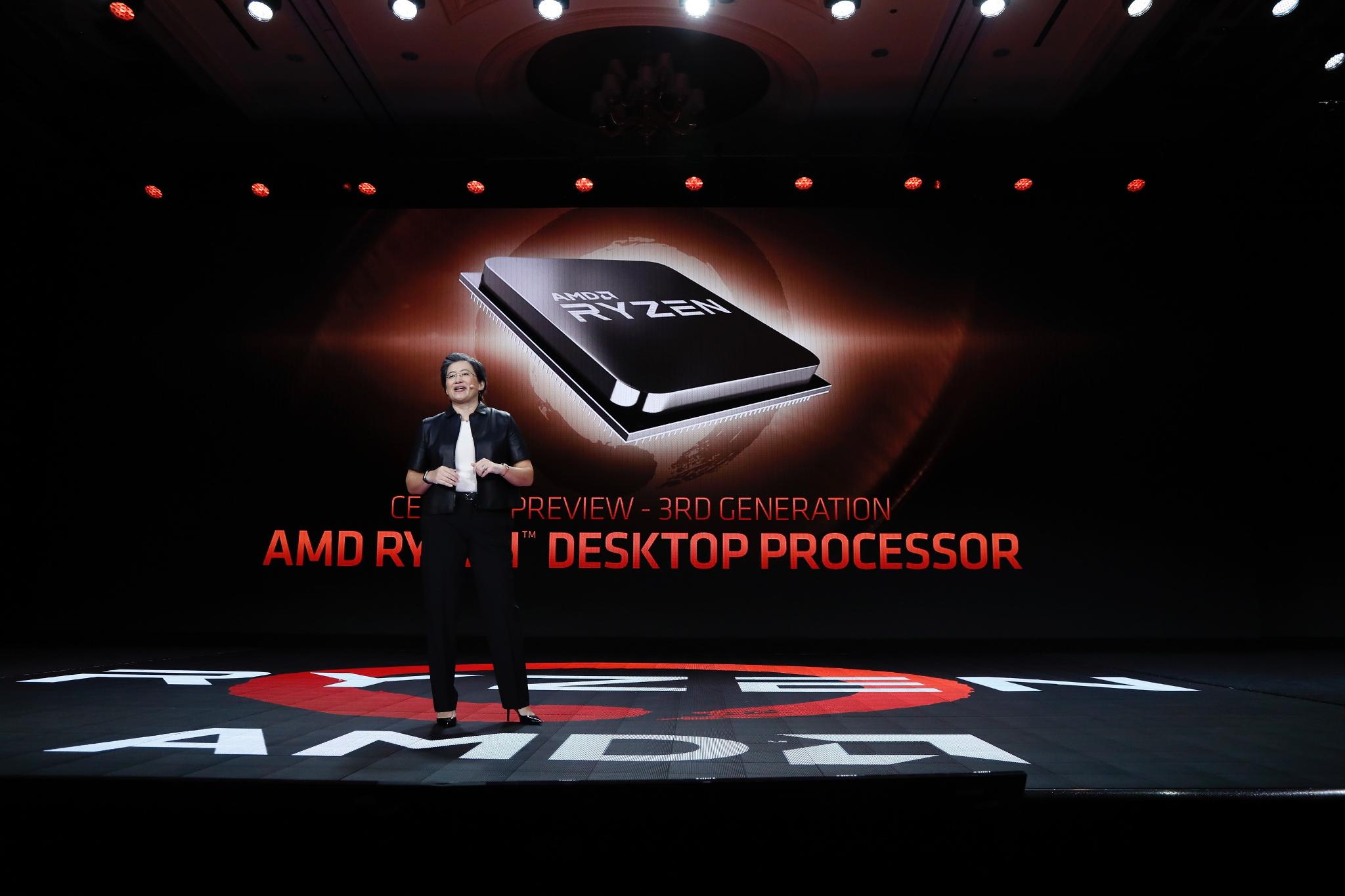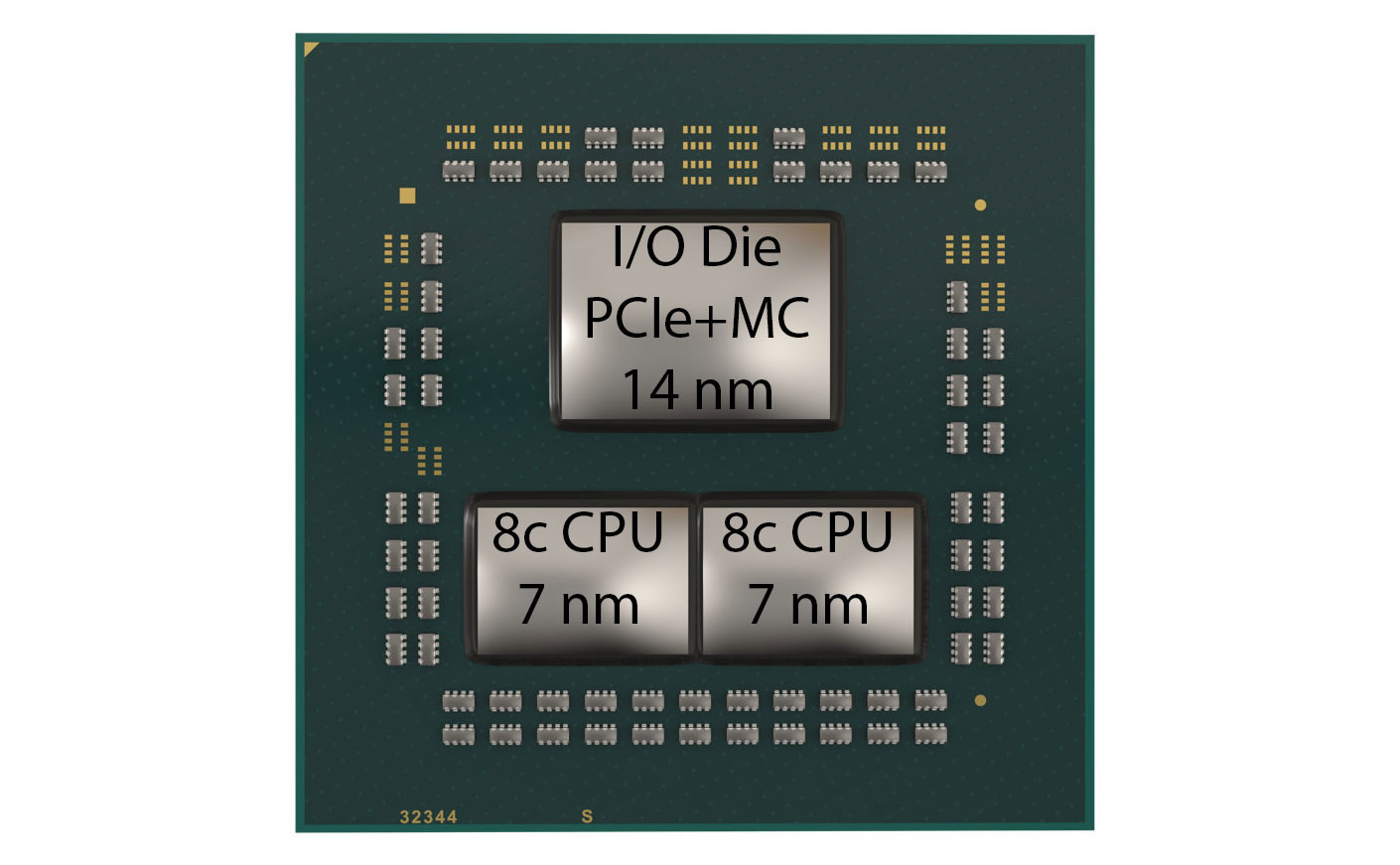Rubbish. When Intel/AMD/ARM/Etc. state that a memory type will work it's because they have internally certified that will with 100% reliability. Otherwise they physically remove the ability for it to run.
And AMD
does not state Ryzens support ECC, does it?
Intel has ECC Disabled for desktop CPUs. AMD never did this. for Intel, ECC is exclusive only for server CPUs for example for which you have to pay a lot more than a desktop CPU.
here's some stuff you may want to read.
AMD doesn't disable ECC, but it doesn't mean it works as it should. It's just there.
Incorrect. When a manufacturer makes a product with support for a certain function and that function is made available to the public, you can bet your life on the fact that they have tested it completely.
Like the RNG in Excavator?
You don't understand enterprise computing - I've told you that many times.
ECC has to be validated to make sense. Just like helmets and ropes are certified/attested/rated to be used in a construction zone. It doesn't mean non-rated helmets don't protect your head.
What's the point of an untested security feature?
That's just one chip, I thought we had a bet on all 3xxx SKU

Validation & certifications are costly, without them it doesn't mean that ECC (memory) don't work or it stops working randomly ~
Without them it means you can't really expect ECC to work. And no one is liable when it stops.
That's the whole point of certification. It is important not in the 99% of time a feature works, but in the 1% time it doesn't.
Certified ECC systems sometimes don't work properly, just like a certified airbag doesn't always save your life in a crash. But until someone gives you a guarantee that an airbag should work in a particular way, it's just a small bomb with a baloon. WTF would you willingly put a bomb in your car?
Not sure if you are talking to me about that, but if you are, then clearly you can’t read and understand a graph ♂
First of all: they aren't graphs. A graph is a graphical representation of information, for that you need things like properly described axes. There's no horizontal axis in your case - maybe you assumed/checked it is time - the viewer doesn't know. In one of the photos you've missed the vertical axis as well.
Second: I was talking about the way you've shared this - as photos made with a smartphone. Why?
Also this:
And that's all pretty objective and obvious. I could now start making fun of your forecasting, but as you see - I don't. I'm in "nice mode" today. But it may change tomorrow, so weight your words carefully. ;-)
The fact is Ryzen & TR work with ECC ram, with certain boards. You can't dance around it, heck Intel disables many feature in their unlocked CPUs - how cheap is that?
Intel has a very enterprise-oriented approach, with all features being pretty well documented. They ride on an image of being a solid enterprise partner. They can't afford to put ECC in CPUs that may not support it properly.
AMD has a different target client structure and they can afford not to properly describe what features a product has. We had a nice discussion about this lately in the NVENC thread (with AMD you don't know what features are supported by GPU, there's no documentation).
Honestly, I think you guys even like it. I think you like being forced to test and search and ask on forums instead of just checking in the datasheet.
But assuming AMD is hoping for a larger share of business clients, they'll have to really focus on more than just performance.


 ).
).










